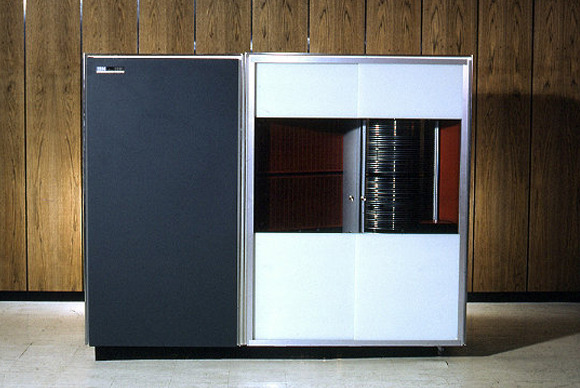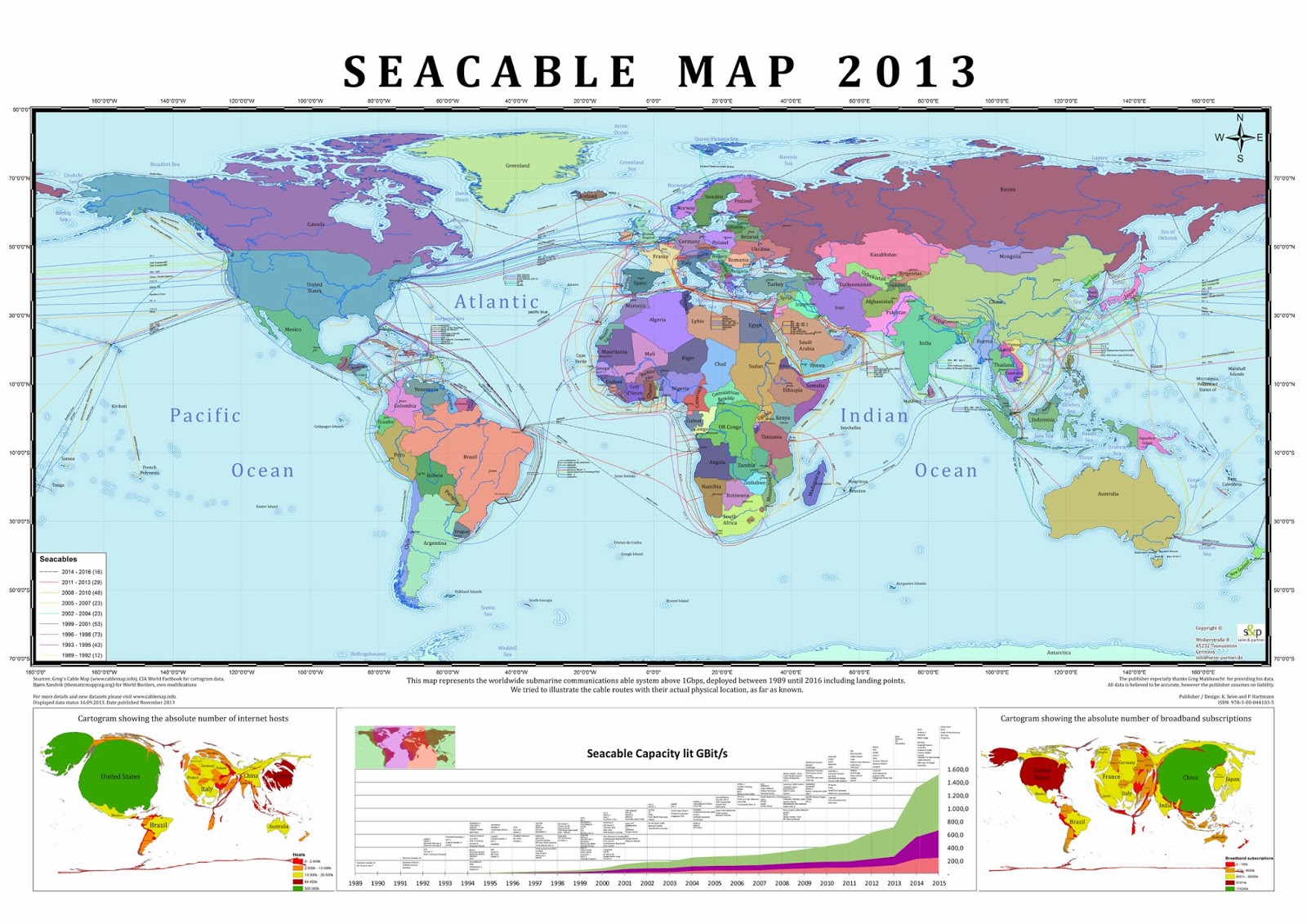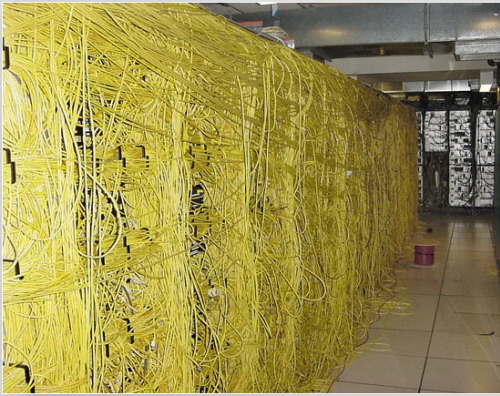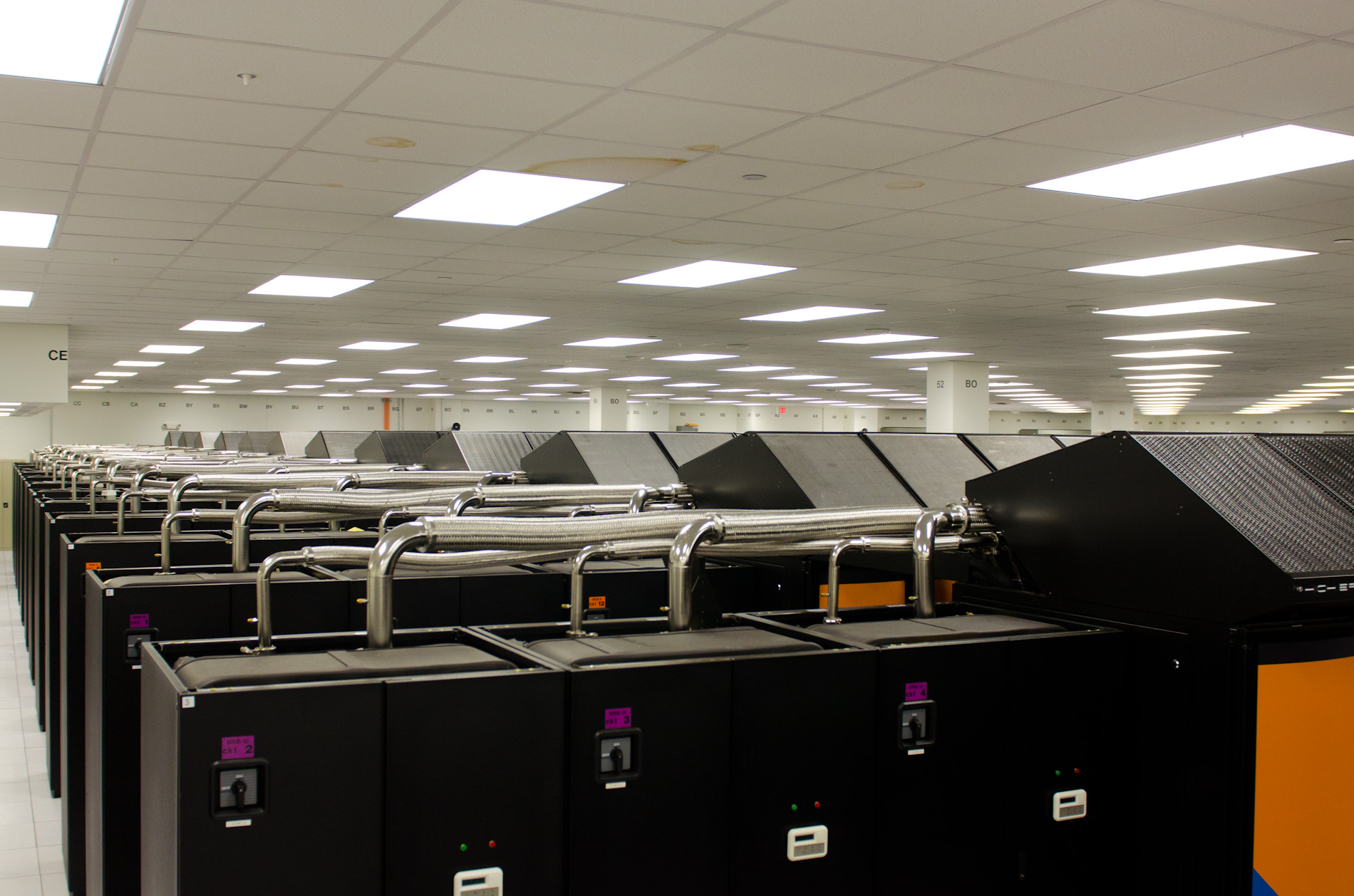Today’s Top Techs We Will Laugh at Tomorrow
They say technology is 25 years ahead of what the public is told or knows. There is some truth to that statement when you closely look at the various researches undertaken by top tech companies or military academies. And, obviously, what we consider a state-of-the-art technology today was definitely under research some years ago. The trend will continue, and probably at a faster pace. Before we know it, most of the technologies we rely on so much today will be obsolete in the near future. So many things are changing at a blistering pace that some technologies even die before making their way to the whole world. HD DVD is a good example here, which was made obsolete by Blu-Ray Disc, before it was adopted in Africa and some other places.
The consequence of such a continuously evolving trend in technology is that it makes us wonder how we managed to live without what we rely so much on today. It is hardly possible for the modern day person to get through the day without a mobile phone or a computer, for example. What happens in addition is that we compare what we use today with the old days and are bemused at how ridiculous the old techs were. The same is guaranteed to happen in the future when we look back at today.
Which technologies of today will we laugh at tomorrow? Before going into that let’s see some of today’s tech marvels that make us cringe at the old days.
The evolution of the hard drive: The 28MB IBM 1301 Disk Storage Unit from 1961 versus the 1TB Kingston Hyper Predator flash drive from 2013 – the difference is more than visible!
The first mobile phone versus what is the norm today! No more words needed here.



Wires, wires everywhere!
Computer networking, telecommunications, power transmission, the internet all in one way or another depend on some painstaking work done using wires. How much work is it to lay all those fiber optic cables in the oceans and seas of the world to connect the globe via the internet? Power transmission appears to be the toughest one to tackle without using cables; it could have been a reality today had it not been for the unfortunate death of Nikola Tesla and his ingenious ideas with him. When some solution to a problem is cumbersome, you get the feeling that there must be a simpler way.
Batteries
Imagine a future conversation with someone who is not born today. You: “We needed to plug-in/recharge/reload our gadgets (phone, computer etc) very frequently, usually everyday.” Unborn: “What? Really? That sounds very tedious.” The same applies to other electrical appliances that are not plugged in 24/7. Any company/person that finds the holy grail to this problem is going to be/have a billion dollar company, if it isn’t already.
Supercomputers?
If we call today’s factory sized assembly of processors, requiring an incredibly complex cooling system, supercomputers, I don’t know what we will call the computers of tomorrow. It is a definite that computers in the future will get smaller and more powerful, as they have done so far. When that day comes, we (or they) will for sure laugh at our huge computers today.
Image credit >>> Here
Transportation
We have some amazing means of transportation today, airplanes and high speed trains for example, that have made long distance travels shorter than they used to be. This is a great achievement compared to, say, how things were 50 or 100 years ago. There is still room for improvement, though. The Concorde, for example, cut the flight time from London to New York by about 50% before it was defunct in 2003. And there is a hint on what the future may hold from research projects like the Hyperloop. When something that completely eclipses how we deal with long distance travels today becomes a reality, we will for sure look at spending 15 hours in the air as a little bit too much.
More to follow!
Let me end this post by sharing a website that tries to predict the future, appropriately named Future Timeline.







